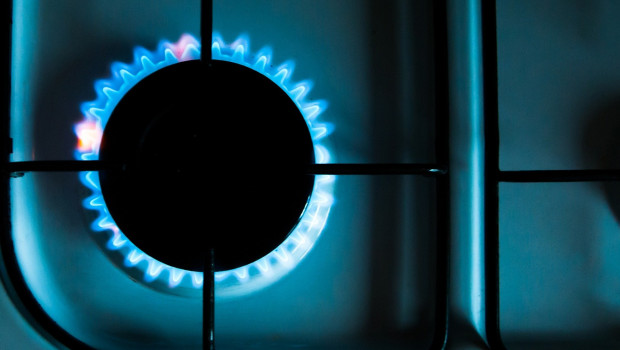Energy bills to surge for millions

The energy price cap will rise by more than 50% from 1 April, Ofgem confirmed on Thursday, causing average household energy bills to surge to around £2,000 a year.
The energy regulator said the 54% hike would affect 22m households, with those on default tariffs paying by direct debit seeing an increase of £693, from £1,277 to £1,971.
Prepayment customers will see an even larger hike, from £1,309 to £2,017.
Ofgem said the increase was driven by the record rise in global gas prices over the six months, with wholesale prices quadrupling in the last year. The price cap was last set in August.
The hike in energy bills will be part of growing squeeze on the cost of living. Inflation is currently at a near 30-year high of 5.4%, and National Insurance contributions are set to increase by 1.25p on the pound.
A recent report by think tank the Resolution Foundation found the number of households suffering from fuel stress -which it defines as spending at least 10% of their budget on energy bills - was set to treble to 6.3m households from 1 April.
Jonathan Brearley, chief executive of Ofgem, said: "We know this rise will be extremely worrying for many people, especially those who are struggling to make ends meet, and Ofgem will ensure energy companies support their customers in any way they can.
"The energy market has faced a huge challenge due to the unprecedented increase in global gas prices, a once in a 30-year event, and Ofgem’s role as energy regulator is to ensure that, under the price cap, energy companies can only charge a fair price based on the true cost of supplying electricity and gas."
The cap, which is updated twice a year, was introduced in 2019 to stop energy companies making excess profits and help ensure customers paid a fair price. However, some have criticised it for keeping bills artificially low as it stops energy companies from immediately passing on higher costs when wholesale prices surge.
The record increases in energy prices over the last year has already caused a number of energy companies, most of which were small businesses or new entrants to the market, to collapse.
The government is set to announce a £200 rebate for households to help with surging energy bills, through a taxpayer-funded loan scheme to energy companies. The energy firms will then claw back the cost of the rebate at a later date when wholesale energy prices start to recede.